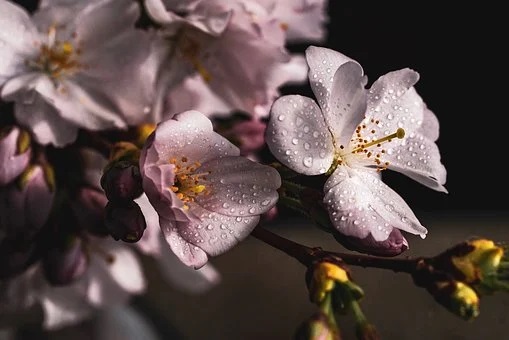If one is proficient in the practice of aspiration and application bodhicitta when alive and undertakes to practice the same at the time of death, the practice will strengthen in power and guide one through the end of life.
How to conduct the practice at this time is also crucial. If one is able to sit up, adopt the seven-point posture of Vairocana; if not, lie on the right side of the body, hold the cheek with the right hand, then press the right nostril with the right little finger and breathe out through the left nostril. Meanwhile, cultivate loving-kindness and compassion, practice exchanging oneself for others by using the breathing method and so forth. Furthermore, one should know that all internal and external phenomena, either of samsara or nirvana, are manifestations of mind; and that the nature of mind has always been emptiness, devoid of any mental construct, since time immemorial. Once realized, rest the mind in this state of emptiness and wait for the breathing to stop. If breathing continues, repeat this practice once and again until it stops. This is the pith instruction for cultivating bodhicitta at the time of dying.
~Depicted from THE HANDBOOK'S FOR LIFE JOURNEY -On Death And Rebirth-Key Points for Practicing Bodhicitta on Deathbed











